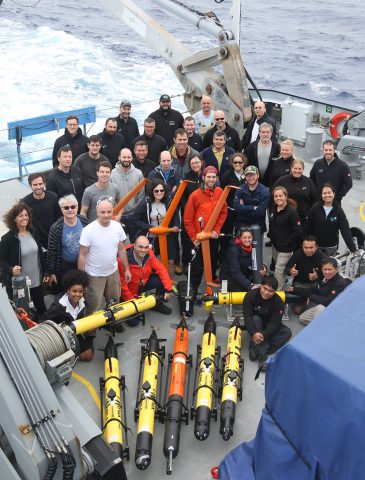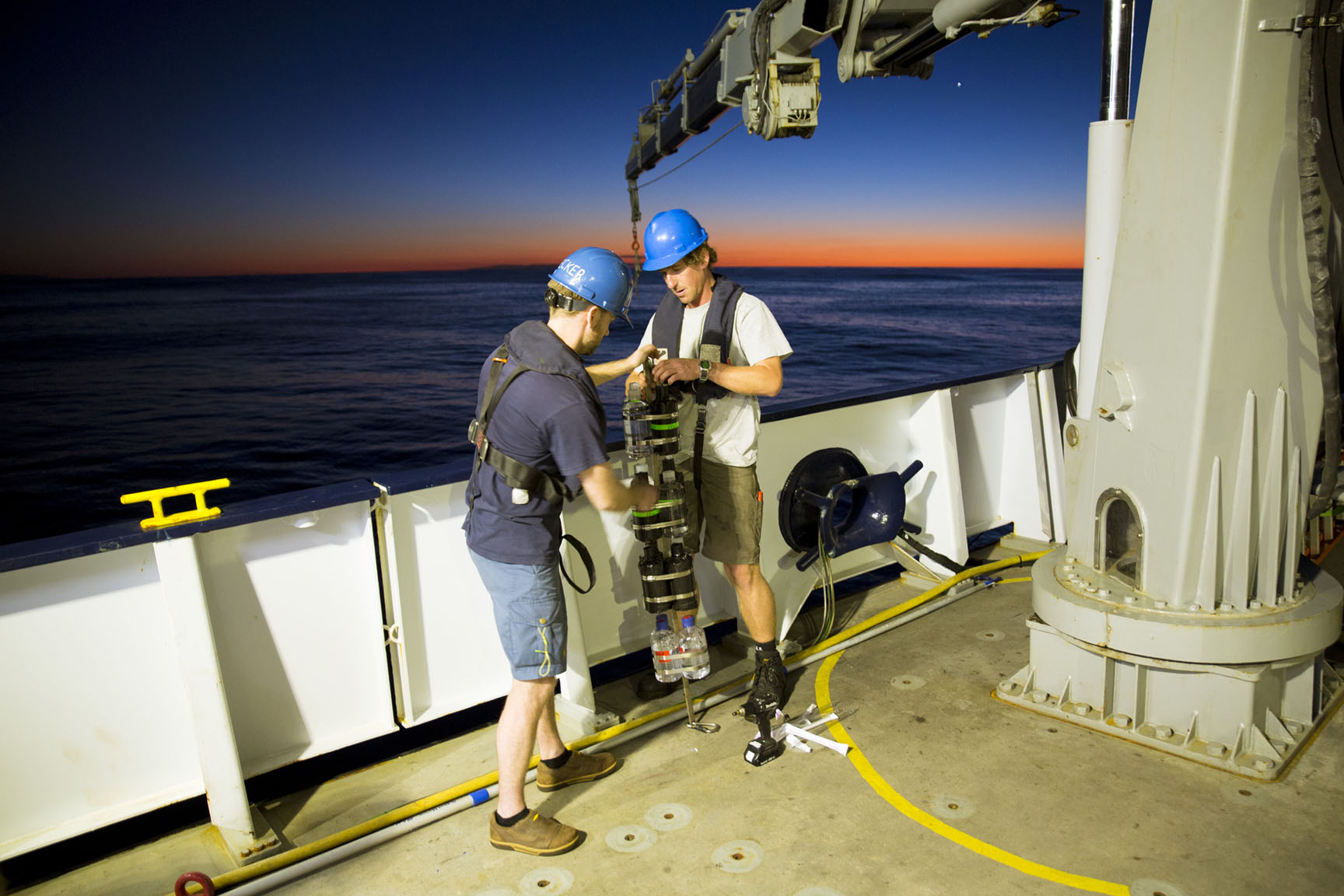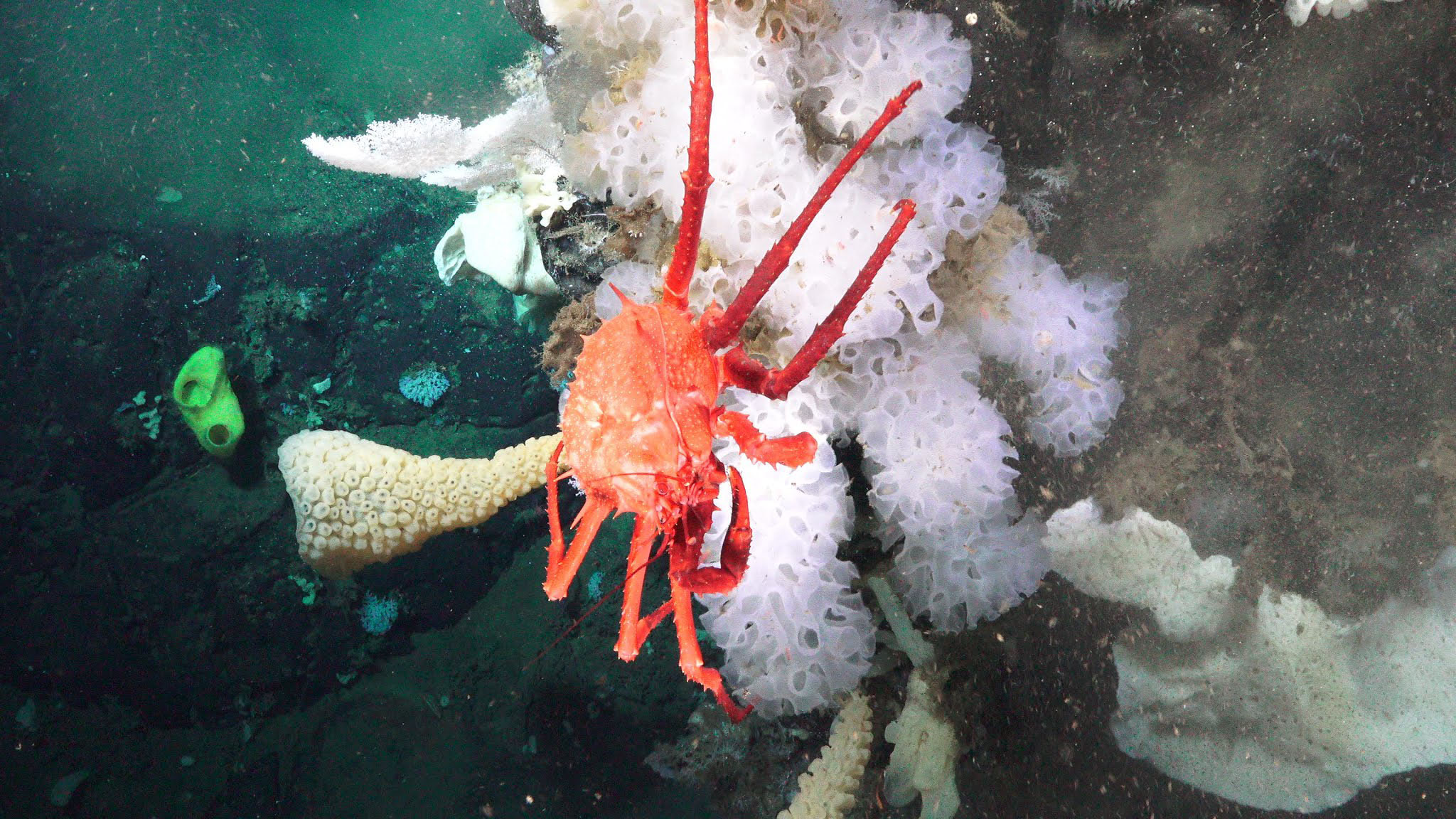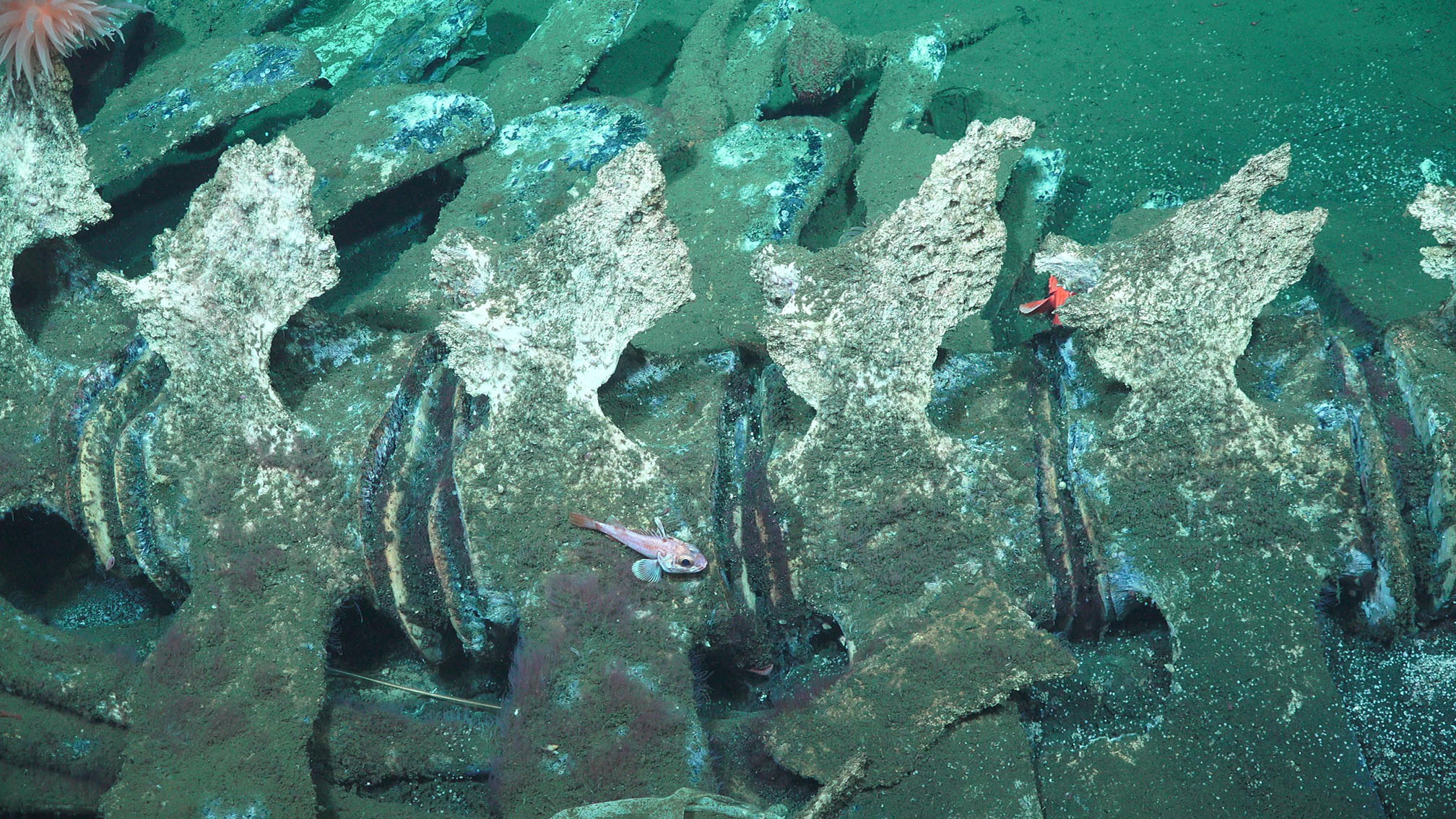The ocean gives life. It is no surprise that the abundance of liquid water is the principal habitability criterion in astrobiology. From the earliest emergence of life on Earth, the ocean has played a crucial part in sustaining it. For millennia, the seas have produced most of the oxygen we breathe, regulated our weather, and supplied critical nutrients and resources – despite the global disturbances from human activity in the recent decades.
Rapid ocean warming, acidification, deoxygenation, pollution, and overexploitation push marine life to the edge of survival. More than a quarter of all known oceanic species are losing a place to call home. Global scale and furious rate of change call for dramatic acceleration in our ability to understand, foresee, and avert their harmful effects. The developments in robotics, artificial intelligence (AI), and other technology frontiers can offer effective tools to accelerate ocean research, conservation, and management at scale.
Established nearly a decade ago to advance ocean research with innovation, Schmidt Ocean Institute completed its busiest and most productive year in 2018. Research vessel Falkor spent 243 days at sea supporting 11 select research projects, including 135 days with remotely operated vehicle SuBastian onboard. These are all records for SOI. However, what hides behind these numbers is the true impact of the program. In this report, we discuss a series of transformative innovations demonstrated by SOI in 2018 to illustrate how we can scale our capacity to understand and better conserve our ocean.
Please join us as we look back an an amazing and productive year in this online version of our annual report. The print-style .pdf version is available as well.
Fair winds and following seas!




